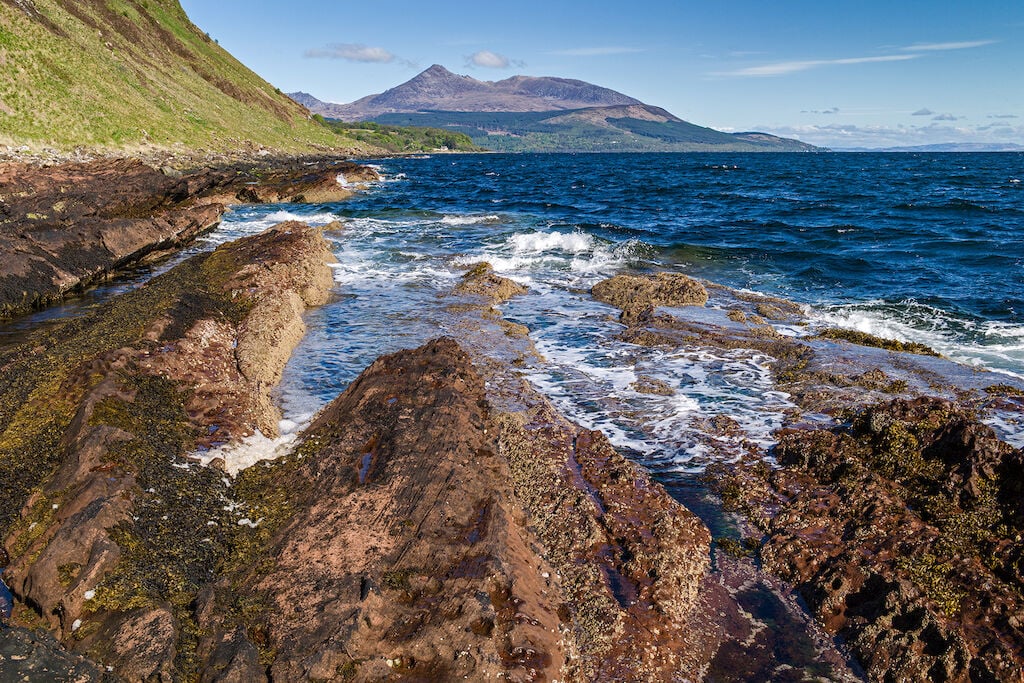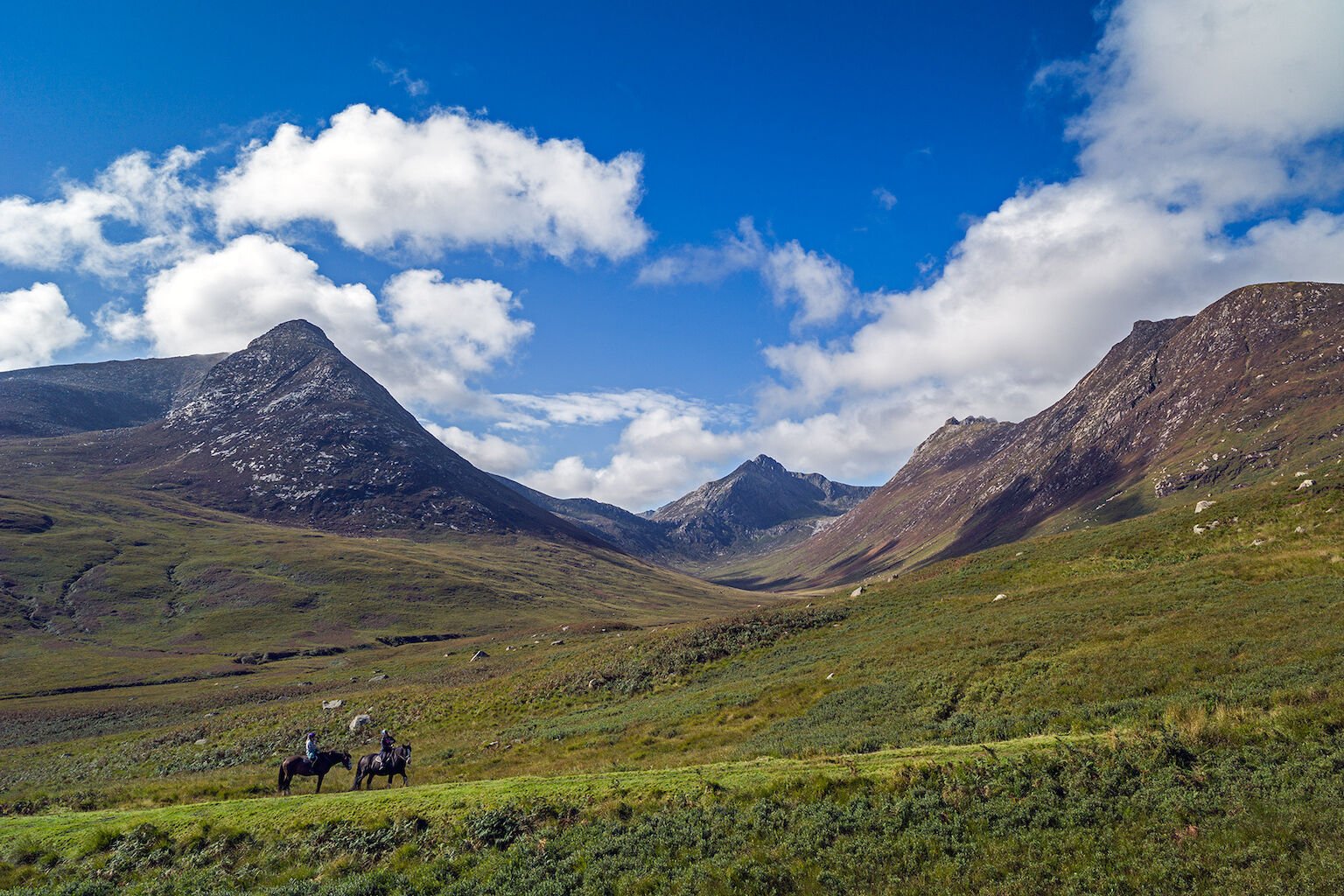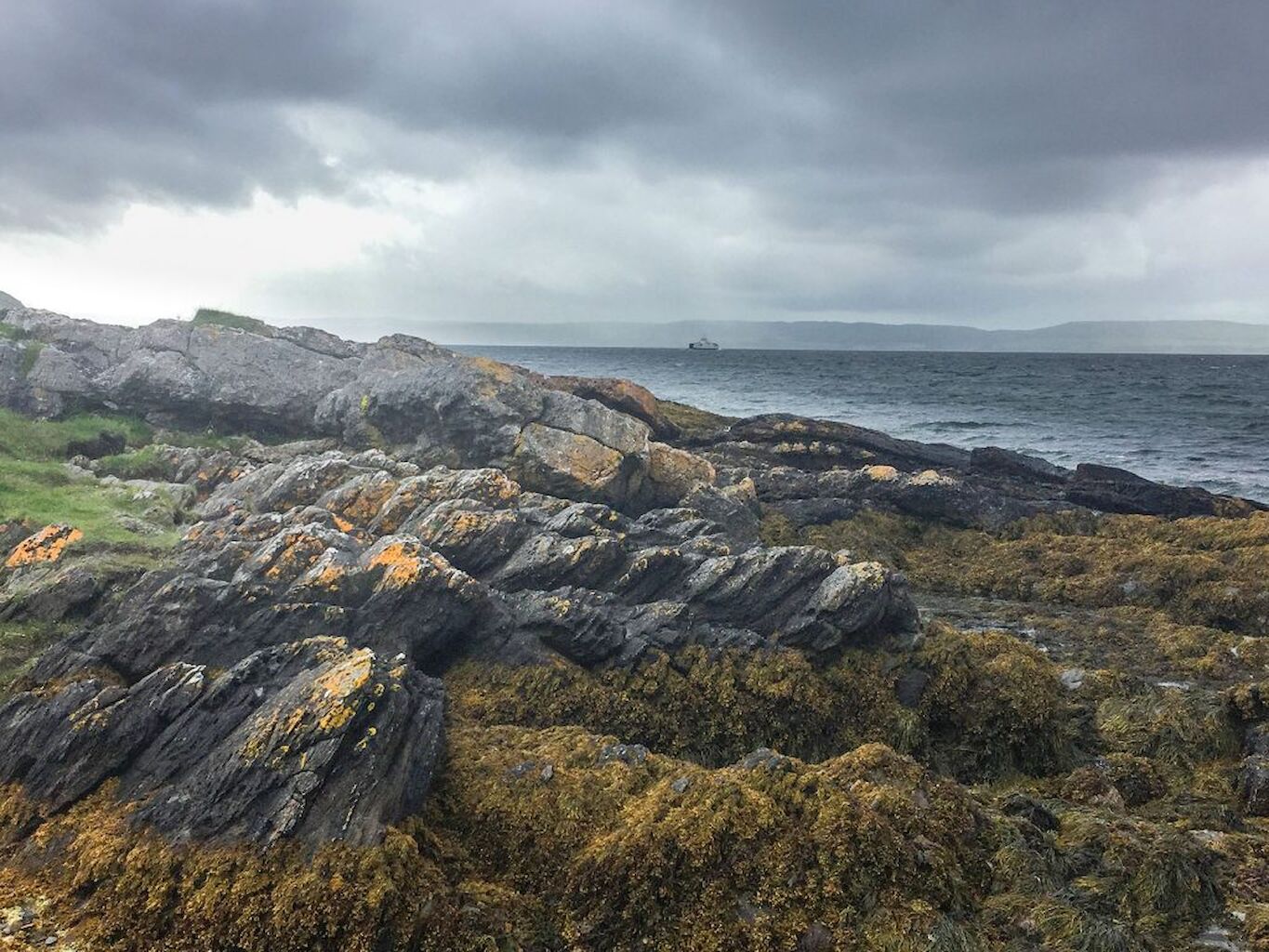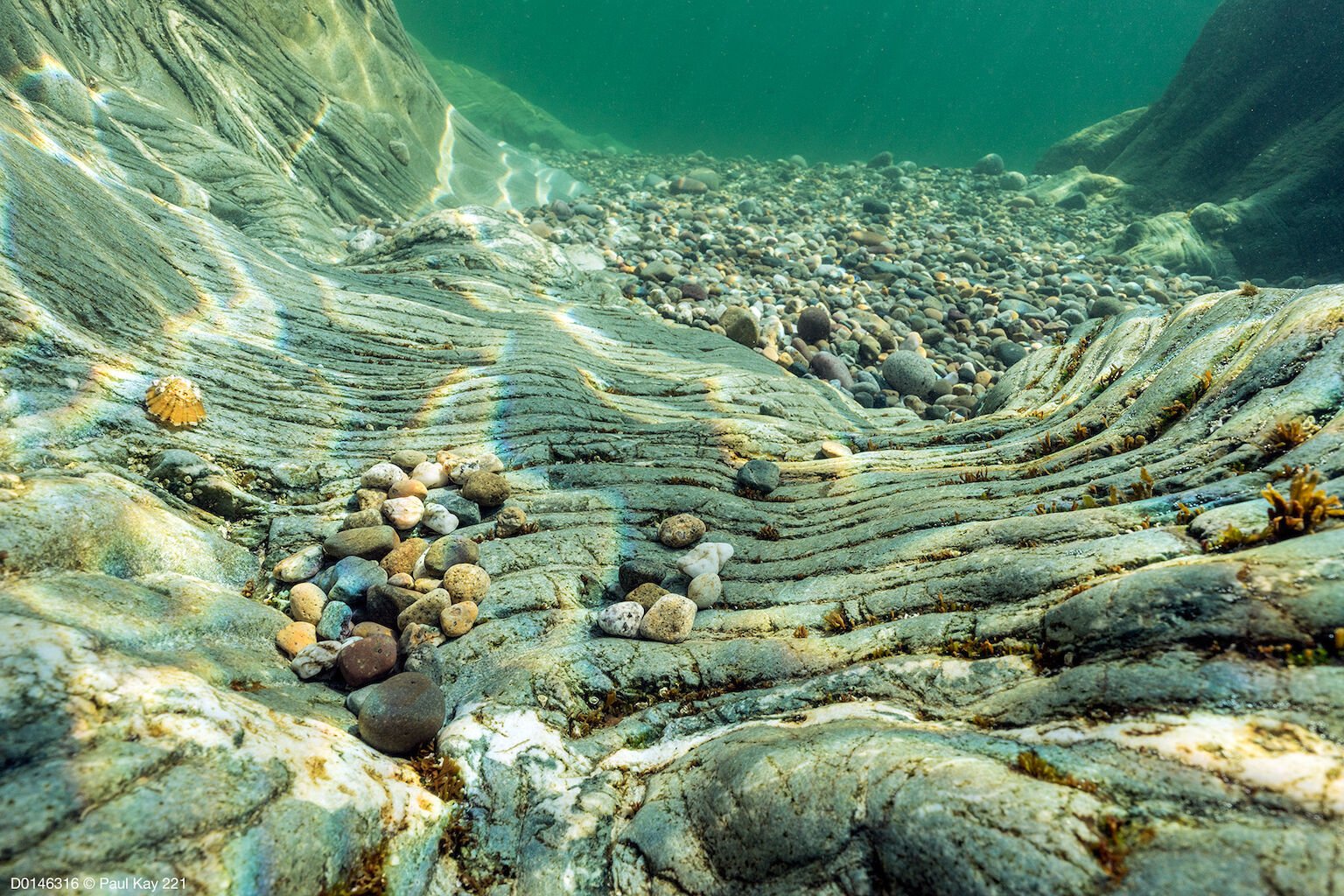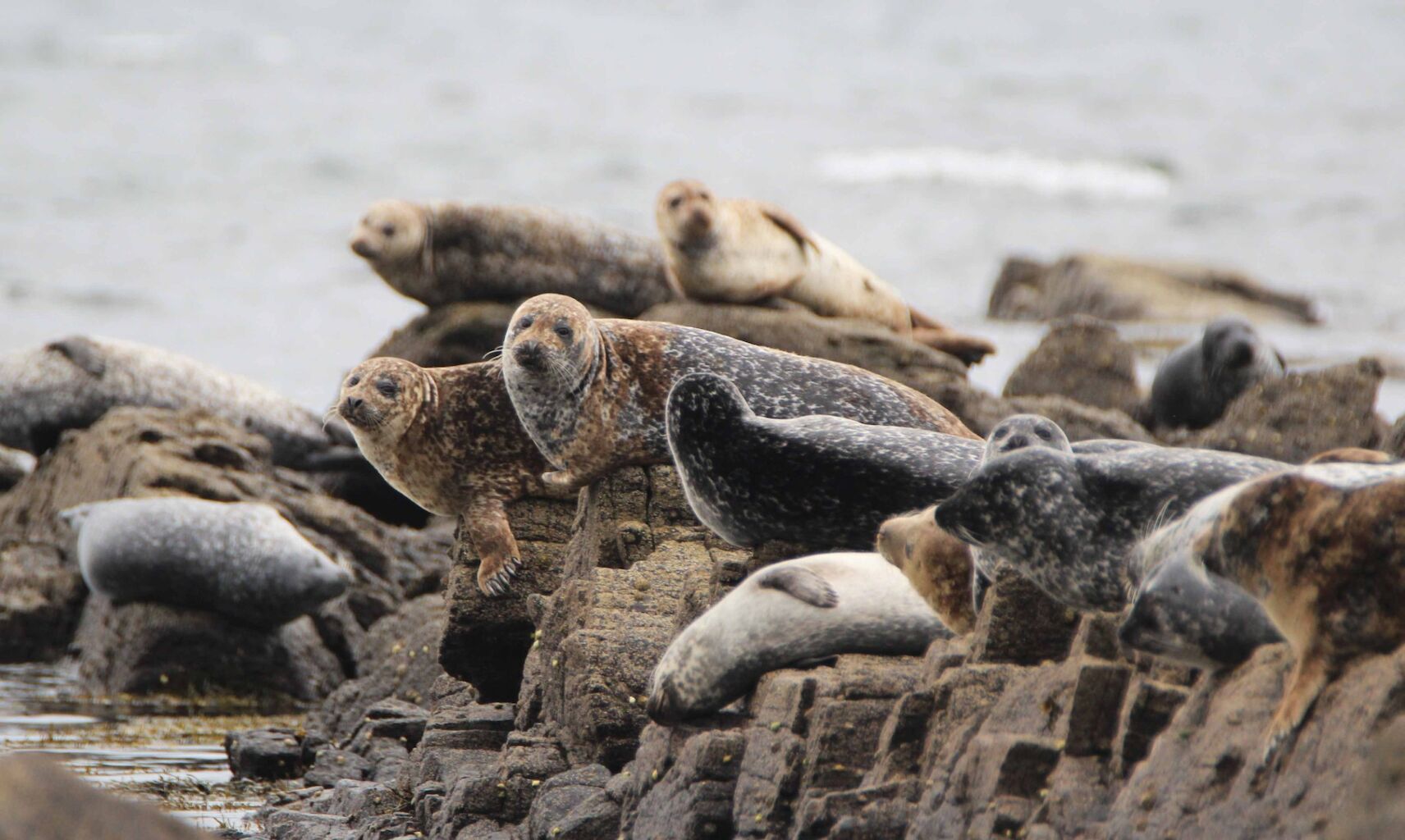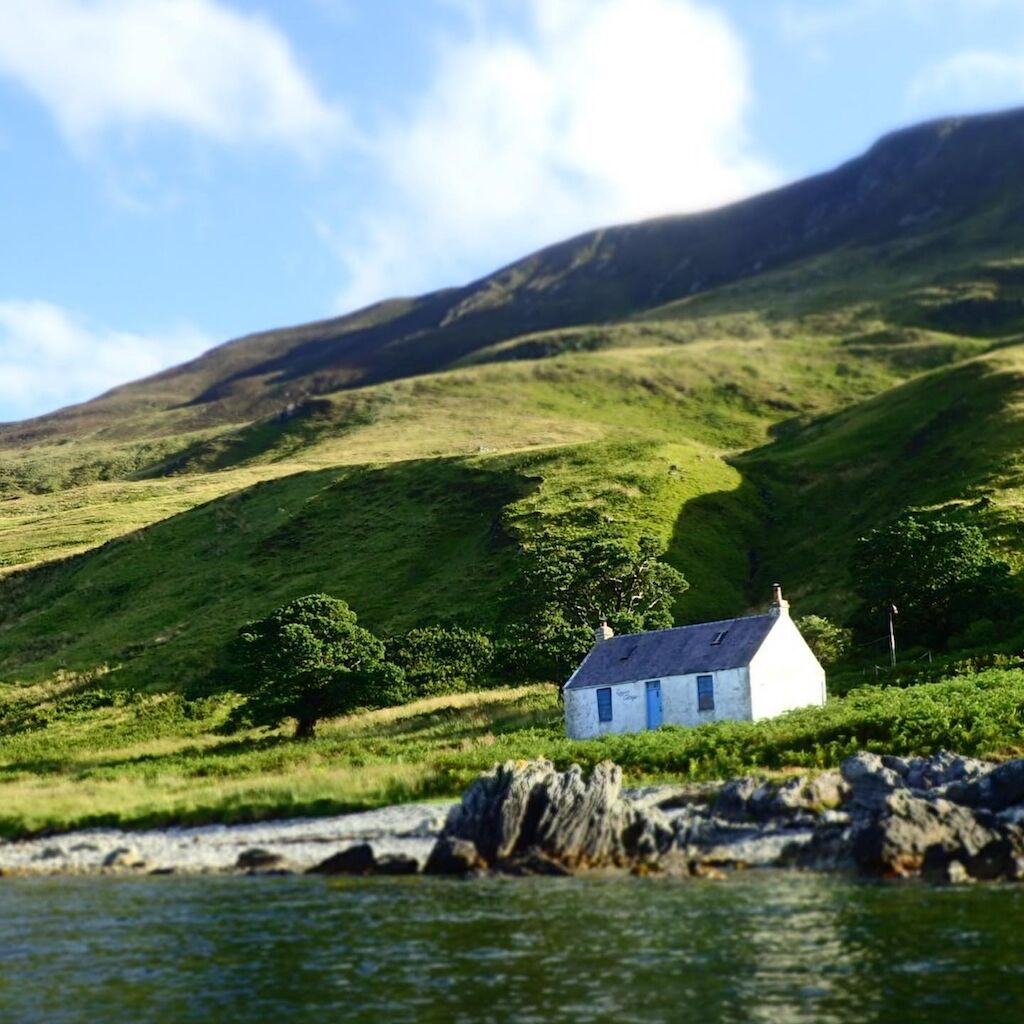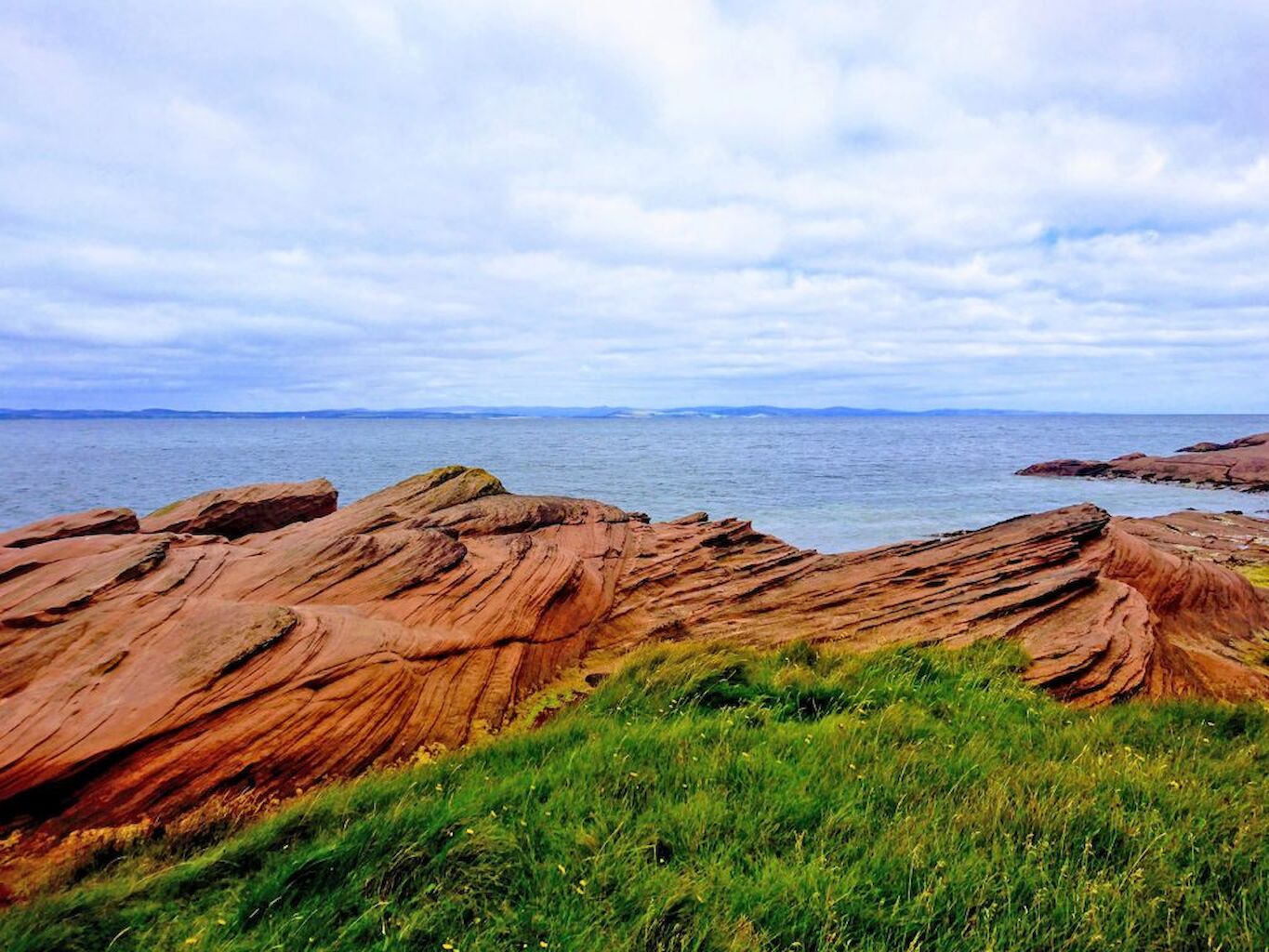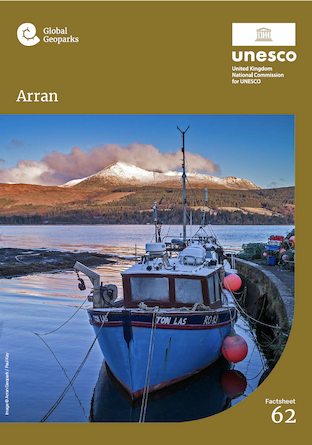The new Arran UNESCO Global Geopark, encompasses terrestrial and marine zones that record 600 million years of Earth’s history. The island’s remarkable landscape tells a story of tectonic plate collisions, the shifting of continents from the southern hemisphere, the opening of the Atlantic Ocean and the sculpting of alpine mountains by glaciers.
Arran is a place where the ancient forces of nature are still visible in the dramatic cliffs, smooth beaches and rugged landscapes. The island’s ecosystems support species like the Arran whitebeam, one of the world's rarest and most endangered tree species, which has existed on the island since the last glaciers retreated. Over 156 bird species and more than 1,000 plant species thrive here, making Arran a haven for nature enthusiasts.
The people of Arran, known as Arranachs, are deeply connected to the land and its traditions. The island’s villages, each with its own unique identity, are united by a strong sense of community. This connection to the land is particularly evident in the island’s climate action efforts. Over 260 hectares of upland peat bogs have been restored, a critical effort in addressing climate change. Peatlands store more carbon than woodlands and play an essential role in flood regulation, water quality and supporting biodiversity.
Arran is also home to rich intangible heritage, with local residents working to revive the Gaelic language, which had vanished on the island as a spoken language. Bilingual interpretation panels can be found at key locations, showcasing the Gaelic alphabet alongside the local flora. The island’s cultural traditions are celebrated through events like the Arran Farmers Show, established in 1830, the Brodick Highland Games and the Arran Folk Festival.
More information on Arran UNESCO Global Geopark
UNESCO Global Geoparks in the UK and World
Arran joins nine other UNESCO Global Geoparks in the UK: Black Country, Cuilcagh Lakelands, English Riviera, Fforest Fawr, GeoMôn, Mourne Gullion Strangford, North Pennines, North West Highlands, and Shetland.
With the addition of Arran, and 15 other sites also inscribed as Geoparks at the Executive Board in Paris, this brings the total number of UNESCO Global Geoparks in world to 229 in 50 countries.
2025 celebrates the 10-year anniversary of the UNESCO Global Geopark designation. This label recognises geological heritage of international significance and promotes the unique role of local people, cultures and communities. Geoparks combine the conservation of their significant geological heritage with public outreach and a sustainable approach to development.
More information on UNESCO Global Geoparks in the UK
More information on UNESCO Global Geoparks across the world

